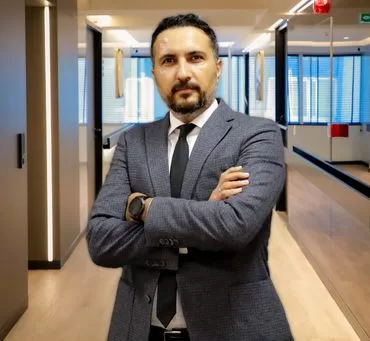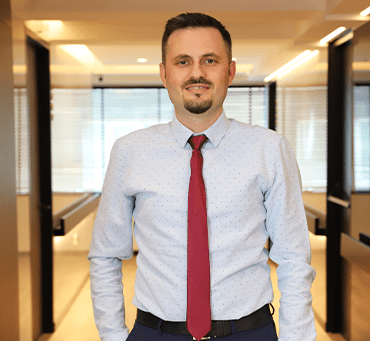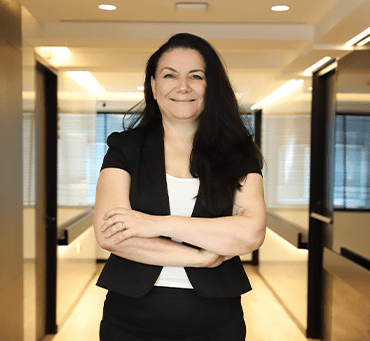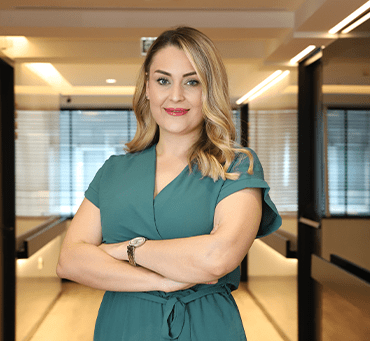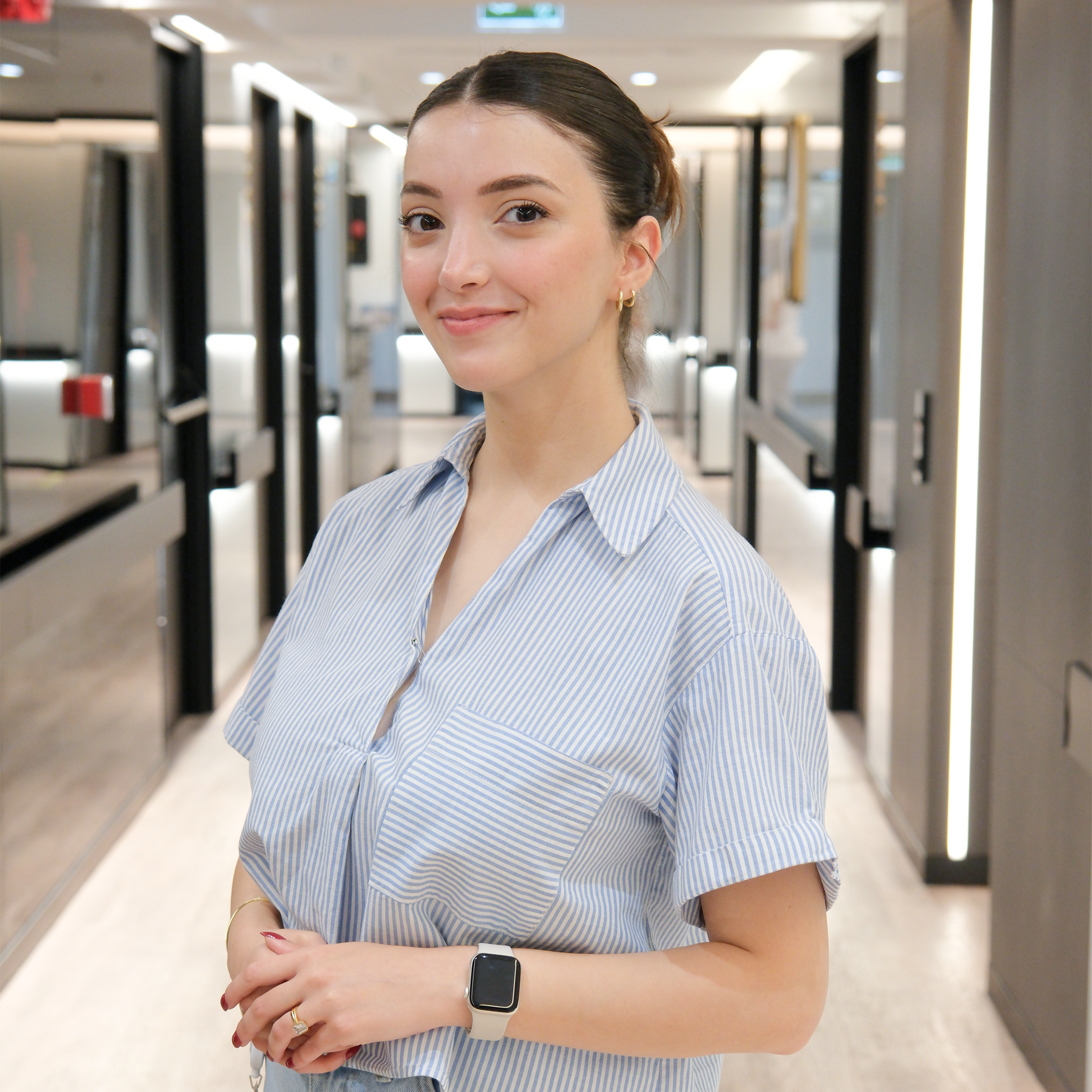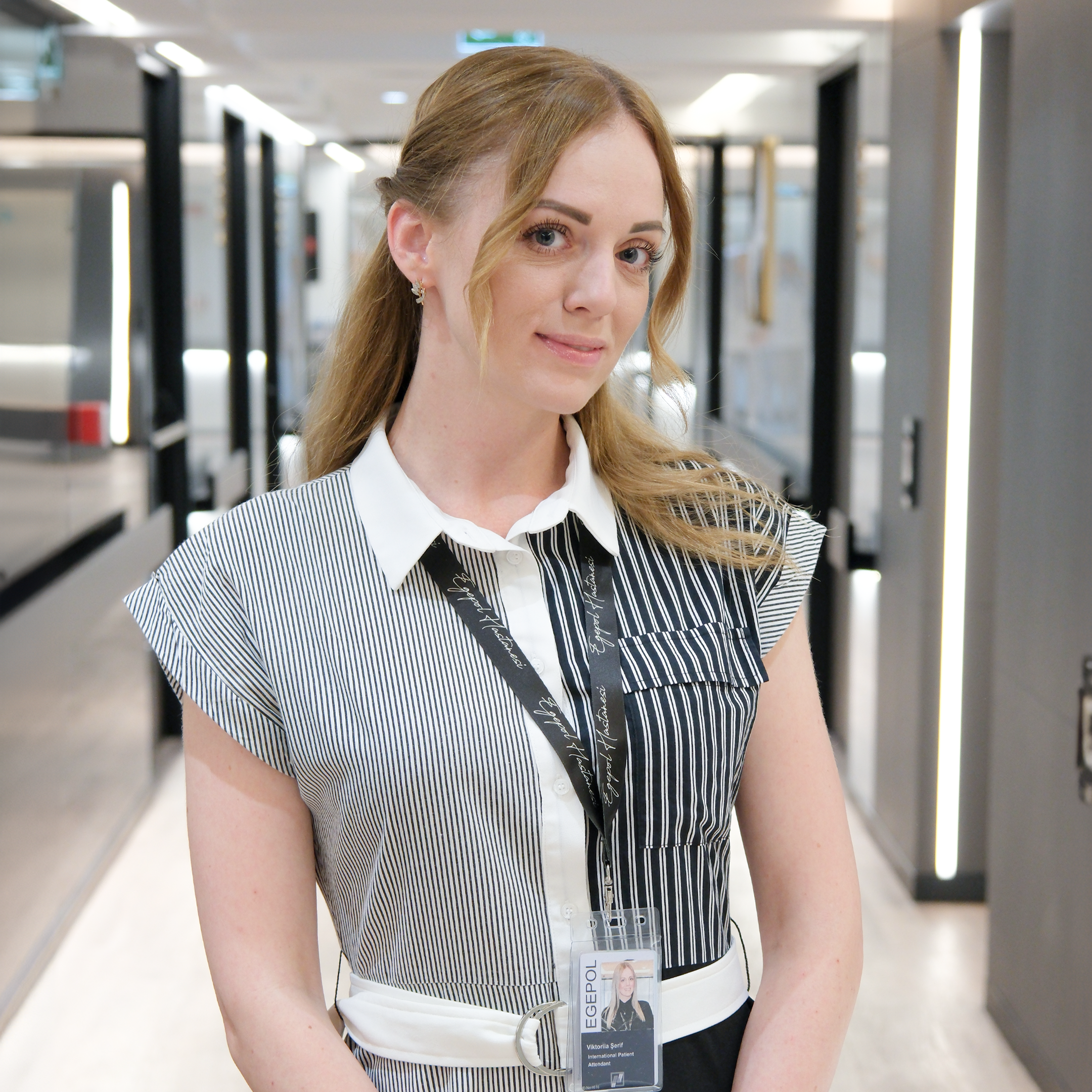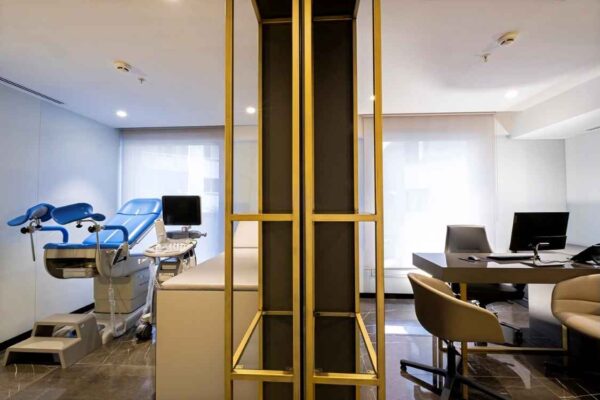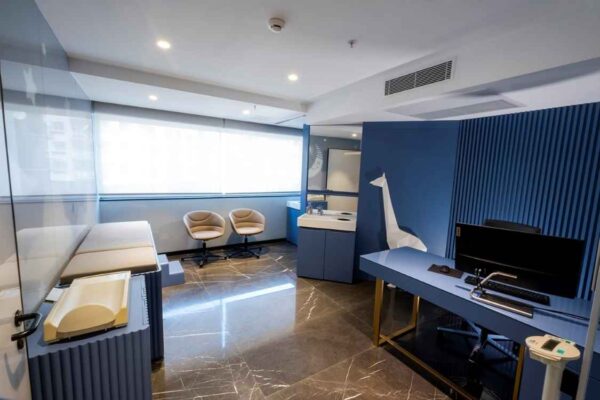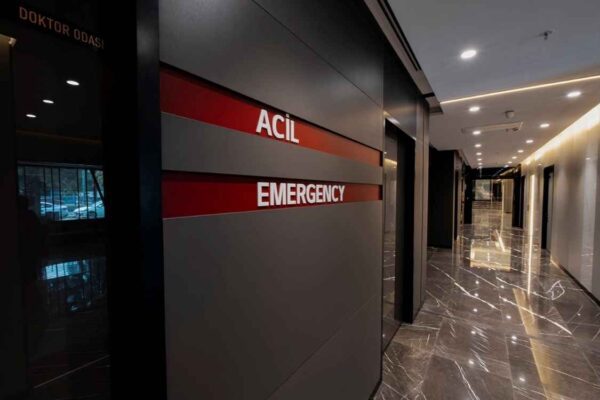Myokymia, also referred to as “eye twitching,” is a disorder marked by uncontrollable, frequent spasms of the eyelid muscles. Even though transient and largely innocuous eye twitching can become bothersome and have a detrimental impact on a person’s quality of life. This essay examines the use of eye twitching therapy in Turkey, as well as its causes, efficacy, cost in comparison to other nations, adherence to European quality standards, and the caliber of Turkish doctors and healthcare workers.
Causes of Eye Twitching
Effective treatment requires an understanding of the underlying factors that contribute to eye twitching. The consumption of coffee, stress, and fatigue are typical triggers. Eye twitching has only seldom been linked to underlying medical problems such hemifacial spasm or blepharospasm. To develop a successful treatment plan, a precise diagnosis and an understanding of the underlying causes are required.
Myokymia, the medical term for eye twitching, is a frequent condition brought on by the tiny muscles around the eye violently contracting and relaxing. Even if the incident was brief and had no lasting repercussions, identifying the underlying causes is essential for an effective treatment strategy. The consumption of coffee, stress, and fatigue are typical triggers.
Additionally, underlying medical problems like hemifacial spasm or blepharospasm have been linked to eye twitching. To identify key factors and create a treatment plan that is suitable for the patient’s particular needs, it is crucial to obtain an accurate diagnosis through a thorough medical evaluation. You can check the link below.
Turkey’s Utilization of Treatment
In order to reduce symptoms and address underlying causes of eye twitching in Turkey, non-invasive, conservative therapies are often used:
Patients are frequently advised to alter their habits, including taking less caffeine, finding ways to relieve stress, and getting adequate sleep.
- Medication: If lifestyle changes are insufficient to control severe or persistent eye twitching, doctors may recommend medication such as anticonvulsants or injections of botulinum toxin.
- Options for Surgery: For people who have severe and incapacitating eye twitching, surgery is typically a last choice. Certain eyelid muscles are severed during procedures like myectomy.
Turkish Healthcare System’s Quality
Turkey has come a long way in creating a strong healthcare system. Modern, state-of-the-art medical facilities may be found all around the nation. Turkish physicians receive significant education, and many of them have international certifications. Even if there are variations in healthcare quality, certain businesses and people might provide top-notch care while others would not.
The quality of healthcare in Turkey varies, just like it does in other nations’ healthcare systems. To ensure they receive the best care possible, patients seeking treatment for eye twitching in Turkey should speak with knowledgeable medical specialists, particularly those with training in ophthalmology or neurology.
Turkey’s healthcare system has advanced significantly in recent years and currently includes cutting-edge facilities and a highly qualified medical staff.
However, the quality of care provided by various hospitals and doctors may vary. Patients should use caution when choosing a hospital, even though many in Turkey meet or even exceed international standards. Eye twitching patients should seek the advice of competent people, especially those with training in neurology or ophthalmology, who can accurately diagnose the condition and provide acceptable treatment options suited to the patient’s particular problem.
The Cost of Eye Twitching Treatment in Turkey
Turkey’s accessibility to reasonably cost healthcare services is one of its main draws for medical tourists. Turkish eye twitching treatments are typically more affordable than those in many Western nations. Due to its accessibility and favorable currency conversion rates, it is a well-liked choice for patients from other countries. This affordability is due to the lower operational costs.
Despite Turkey’s low prices, patients should think about the level of treatment and amenities provided. Patients should weigh their individual healthcare demands against cost considerations because choosing the least expensive course of therapy may not always result in the greatest outcomes.
The country’s accessible healthcare system is one aspect boosting Turkey’s appeal as a travel destination for patients. Turkish eye twitching treatments are significantly less expensive than those in many Western nations. Things are more affordable when there is a good healthcare system, minimal operating costs, and fair exchange rates. Turkey is a popular choice for foreigners seeking medical care because of this economical advantage. Patients must, however, establish a balance between financial factors and the overall standard of care. To have a positive medical experience, patients must put their healthcare needs and financial concerns first. The least expensive course of treatment may not always produce the best results.
European Quality Standards are Applied
Turkey is making an effort to meet the demanding healthcare standards in Europe. Accreditation by organizations like Joint Commission International (JCI) of numerous Turkish healthcare facilities proves their dedication to upholding rigid standards for patient care and safety.
To ensure they receive care that meets or surpasses European quality standards, patients seeking eye twitching treatments in Turkey should look for facilities and specialists that hold these accreditations.
To achieve the high standards imposed by Europe, Turkey has made enormous efforts to improve its medical standards. Numerous healthcare facilities throughout have attested to their dedication to sustaining strict patient care and safety standards by receiving certification from organizations like Joint Commission International (JCI). Due to this commitment to high standards, patients seeking treatment for eye twitching in Turkey should anticipate receiving care that is on par with or better than European healthcare standards. Patients are recommended to select facilities and doctors who hold particular accreditations in order to improve Turkey’s appeal as a destination for medical tourism and to offer patients confidence in the caliber and security of their visit for treatment.
Conclusion
Last but not least, Turkey is a prospective destination for people seeking myokymia or eye twitching treatment. There are numerous medical alternatives available in the nation, including dietary changes, prescription drugs, and surgical operations. Turkish doctors can deliver top-notch care, but patients must carefully study and choose them.
Since treatment in Turkey is less expensive than in other nations, medical tourists come there to treat eye twitching. Patients should demand the application of European quality standards and put the level of care ahead of the price. The developing Turkish healthcare system emphasizes accessibility and gives people the freedom to select their own treatments.
FAQs
The local currency of the Republic of Turkey is the Turkish Lira. Our patients can convert their cash from exchange offices to Turkish Lira.
Our patients can withdraw money in Turkish Lira, Euro and Dollar through ATMs in Turkey. You can easily withdraw money with foreign language options available at ATMs.
Foreigners can use their own vehicles with the obligation to carry their own driver's license, vehicle license and passport with them. Vehicles are driven on the right side of the road in Turkey.
The sockets in Turkey are dual like the sockets used in Europe.
If you have your phone line open for use abroad before coming to Turkey, you can use your own operator as well as local GSM operators.
Our Team
Our Hospital
Atilla, Halide Edip Adıvar St.
No:57, 35270 Konak/İzmir




